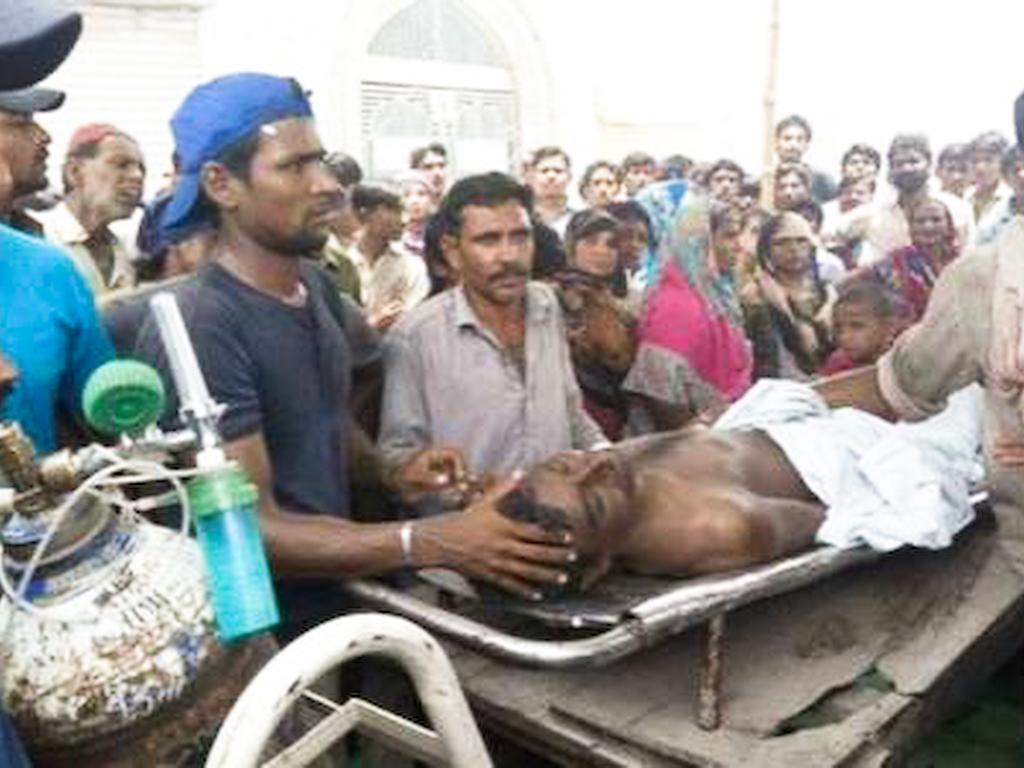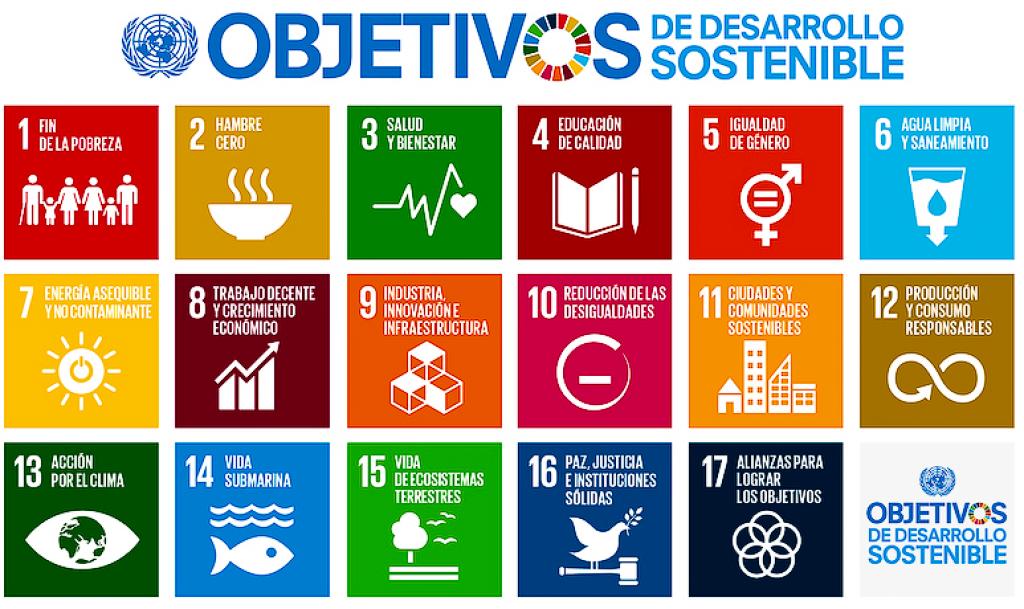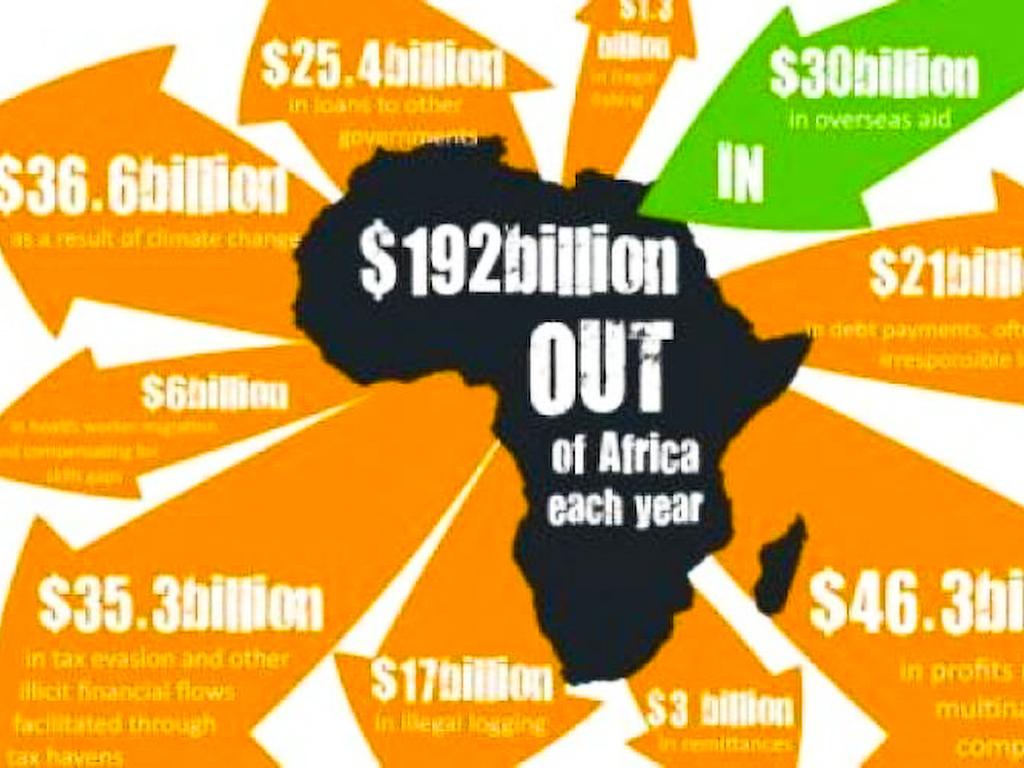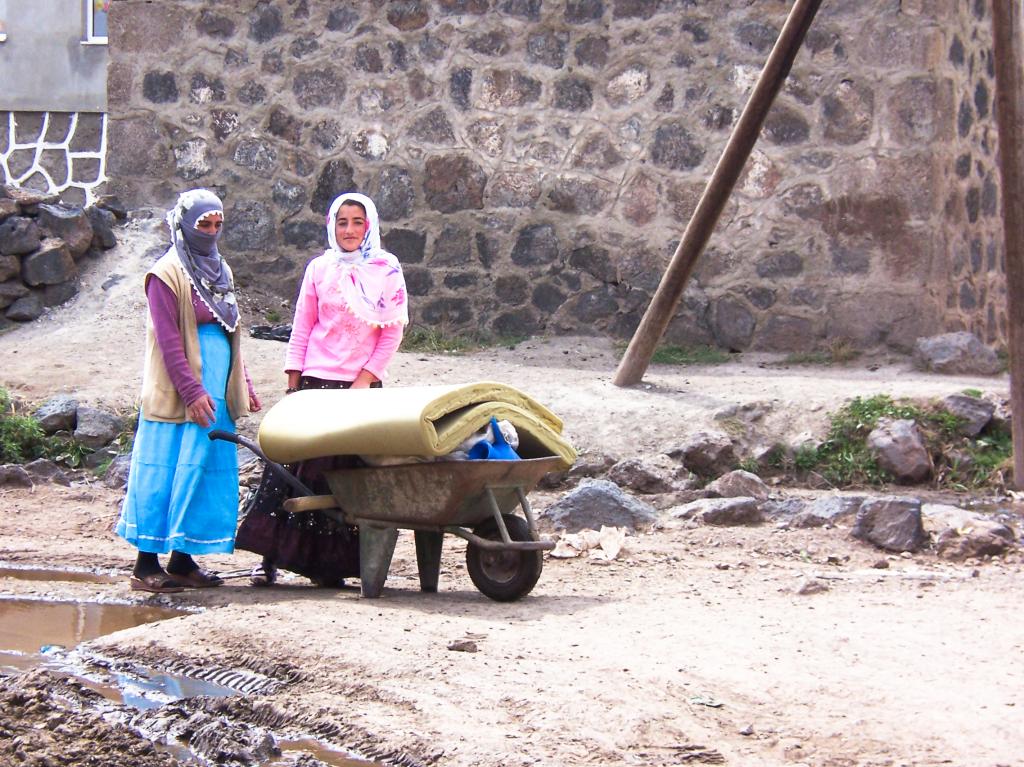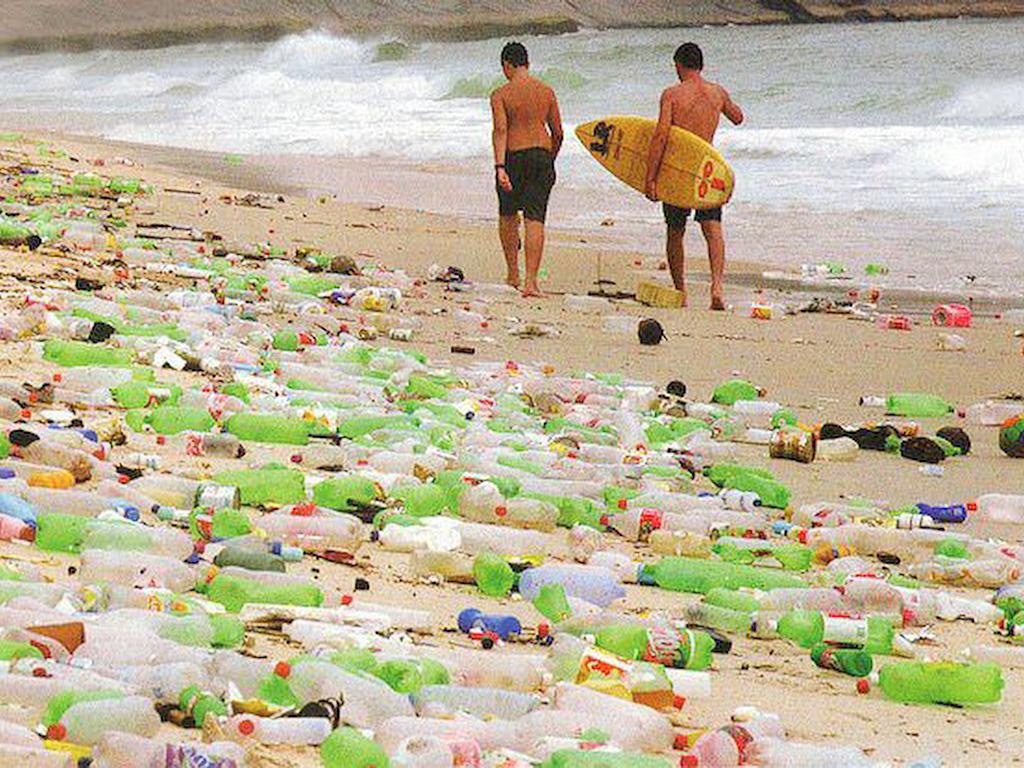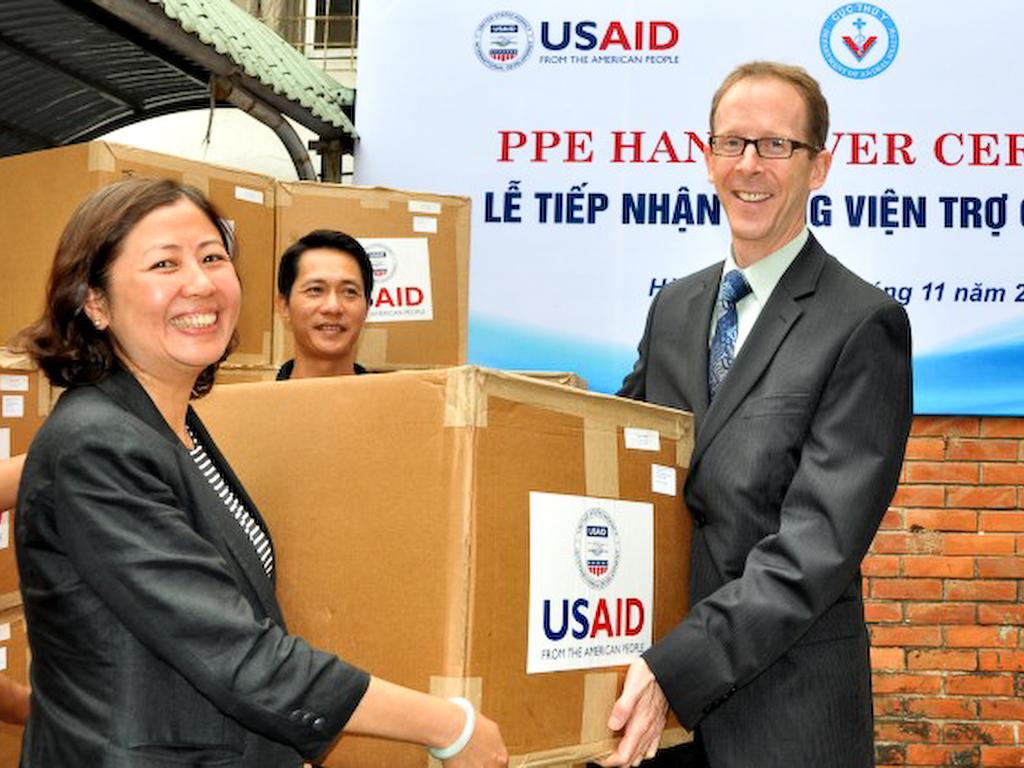JPIC News from John Paul Blog - Vol. 5 - N 8
|
THE NEWS OF THE MONTH >>
The risks of democracy todayPopulism has always won the elections with false promises proclaimed through electoral speeches: Mussolini from the Palazzo Roma balcony, Hitler and Stalin in their massive meetings, Mobuto Seseseko and various African and Asian leaders in the addresses on their way to dictatorship. An Ecuadorian politician, José Maria Velazco Ibarra, five times elected president and three times dismissed before ending the mandate summoned the issue in a famous word: "Give me a balcony and I'll win the elections". Anecdotes and jokes point out, on the one hand, the politicians' lies as a weapon of conviction during the electoral campaign and on the other show the ingenuity of voters who believe them. Today, social networks - such as Facebook, Twitter and so on - cover with the illusion of authenticity even the most coarse lies, thanks to the ingenuity of the "public hearer of sirens" that endured through the centuries. Here are some results from a study by Trend Micro, a network security company, published by The Guardian (Pay to sway: report reveals how easy it is to manipulate elections with fake news). Less than $ 400,000 (about 390,000 Euros) is the price for spreading "fake news" on the Internet during an election campaign. Large-scale false news operations from China, Russia and the Middle East are capable of creating dozens of social networking sites and social accounts to influence public opinion. With $ 200,000, a street protest can be organized; it costs $ 55,000 to ruin a journalist's reputation on the Internet and only $ 6,000 to buy 4,000 "likes" in social networks; with a little less you can "buy" 20,000 positive comments on Facebook. The tendency, with the pretext of artistic reasons, to unduly re-editing historic facts as a key to read current events (See the case of Caesar's death as a plot against US President Trump - Theater Company Stages Stabbing Death Of President Trump) brings more confusion where a peaceful analysis of social and political realities is the most needed. The half truths, like Trump's idea of building a new wall with Mexico while it already largely exists, do not contribute to clarity either. To all this, today is added an algorithm capable of combining the "real" movements of anyone's lips with a "false" speech in so realistic way that the speech is believed true. "At our time speech synthesis has made giant footsteps; it allows to make anyone to say anything by sampling even a few seconds of his/her voice; the intersection of these technologies opens boundless, unexplored, horizons of opportunities and risks "( Obama, excellent victim. The article is in Italian but the video at the middle of page is in English). Political fake news can have consequences not only for electoral purposes but also for humanitarian reasons. On April 14th , 2014, the terrorist organization Boko Haram kidnapped more than 200 schoolgirls from the town of Chibok, Nigeria. Around the world, the crime became epitomized by the slogan #BringBackOurGirls -- but in Nigeria, government officials called the crime a hoax, confusing and delaying efforts to rescue the girls. In this powerful talk, journalist Stephanie Busari points to the Chibok tragedy to explain the deadly danger of fake news and what we can do to stop it. On the horizon there is a danger also to democracy: "No one knows how the concept of democracy could change through a global social networking ideology" (Roberto Cotroneo). It might happen what George Bernard Shaw was fearing would happen: Democracy substitutes election by the incompetent many for appointment by the corrupt few. False political news can become the bad odors that, according to Maurice Maeterlinck, will lead with an "infallible sneezing" to chose the least good for directing democratic institutions; for this reason he adds: "We have no examples, in our annals, of a truly democratic republic that has resisted more than a few years without decomposing and disappearing into defeat or tyranny." | |
|
THE GOOD NEWS >>
The Nepal Church committed to peacePeace, stability, freedom, human rights, secularism of the state; but also commitment in social service and education: these are the themes on which the Catholic Church in Nepal "will continue to contribute in its service to the country", says Fr. G. William Robins, Japanese-Canadian Jesuit who spent about 45 years in southern Asia, first with the Jesuits in Eastern Bhutan (five years) and then Nepal, mainly teaching mathematics and science at a high school. The Jesuit speaks of the current situation in the nation which on May 14th saw the population vote in the first phase of the administrative elections. This is the first local election after 20 years, a key step in building democracy ten years after the end of the civil war and two years after the Constitution's approval in 2015. The administrative vote was divided into two phases due to disorders in the southern plains bordering India, where the major ethnic group (which accounts for more than half of the 28.6 million inhabitants) refuses to participate in the elections until an amendment to the constitution is approved, guaranteeing greater representativeness and redesigns the borders of the province where they live. | |
|
THE WORST NEWS >>
Doctors deny treatment, Christian worker diesIt is an incident that has raised outrage and clamor, which highlights the discrimination against religious minorities in Pakistan: Christian Sewer cleaner Irfan Masih died on June 2nd when a Muslim doctor at Umerkot Hospital, Lahore, refused to touch his sludge covered body because he was fasting. The doctor said he would not touch Irfan's filthy body until it was cleaned. | |
|
Celebrating!
Sustainable development: 1st objective, eradicating poverty by 2030Celebrating for its Latin origin means also advertise, discuss, support in public. In this sense, from 10 to 17 July, a High Level Political Forum was celebrated in New York on the sustainable development goals (SDGs). This forum, convened under the auspices of the Economic and Social Council, is the UN's central platform for follow up and review of these goals which, according to the Agenda, must be achieved in 2030. The annual meetings aim to verify the progress made and what remains to be done. The goals for sustainable development have been set as 17, ranging from the complete eradication of poverty to the issue of water and justice (see the complete list with respective symbols). The central slogan set in 2016 is: Ensuring that no one is left behind. This year the forum focused on 6 of the 17 goals, namely: 1st. Eliminate poverty everywhere and in all its forms. 2. End hunger, promote food security and nutrition by boosting agriculture. 3rd. Ensure healthy living and well-being for all ages. 5th. Gender Equality. 9th. Resilient infrastructures, inclusive, sustainable and innovative industrialization. 14th. Oceans, seas and marine resources should be protected for sustainable development. All in the light of the 17th goal, i.e. a global partnership for sustainable development. The UN major groups and 44 countries have to present an analysis of the progress made and the difficulties encountered. Three encouraging topics became central: the 17 goals need an integrated political approach, whether they all advance together or there will be just a straw fire; Eliminating poverty and hunger is essential to achieving these goals and the answer lies in sustainable family farming; The synergy between state, NGOs, grassroots communities and organizations, churches and individuals is the driving force for positive and stable results. There were smudges "normal" in this kind of encounters. The reviews were woven more of self center praises than objective analysis. Peru, for example, flagged a government TV program to promote healthy eating that avoids malnutrition and obesity, without even mentioning the hundreds of landslide conflicts that deprive millions of peasants of their daily bread. It has been clearly stated that in at least 20 of the 44 countries speaking in this forum, 60-70% of the food is produced by small-farm farmers, while 75% among them are the poorest of their countries. A conclusion, it has been said, is clear: to drastically reduce poverty and hunger in the world, organizations that help these peasants to achieve sustainable, resilient and regenerative production would thus be funded. But not even a word about land grabbing that deprives these peasants of lands that would give them life, produce and the power to nourish the people of their countries. Celebrating without seriously analyzing reality to offer prospects and criticism means paving the way for failure beyond technical and proclaimed achievements. The surgeon's response to the worried question of the relatives comes to mind: the operation went smoothly, but unfortunately the patient died. | |
|
Take Action now!
World Bank and IMFAs the World Bank and the International Monetary Fund (IMF) hold their meetings in Washington, DC, billions of dollars due to African nations are illicitly leaving the continent. And then we complain of the unending flow of immigrants! Africans Rising for Justice, Peace and Dignity, an emerging pan-African citizens’ movement, condemns the World Bank’s and IMF’s lack of action on and complicity in illicit financial flows from Africa and calls on them, as well as African governments and regional bodies, to act to #StopTheBleeding of African wealth now. According to the Economic Commission for Africa, illicit financial flows from the continent could be as much as billion a year. That amounts to approximately double the official development assistance that Africa receives. The well documented Africa Progress Panel and Mbeki High Level Panels concluded that “Africa loses more in illicit outflows than it gains in aid and foreign direct investment”. Help #StopTheBleeding of Africa’s wealth! Join the Movement: Africans Rising officially launched on Africa Liberation Day, 25th May 2017 with events throughout the continent and in the diaspora. Join the movement by signing the founding charter, The Kilimanjaro Declaration. For more information, contact: Grant Clark, grant@africans-rising.org. Read here the entire article | |
|
Time to rethink
Muslim men should observe the hijab first, not womenFor some reason, a lot of men seem to think they can simply force women to observe the hijab. Instead, the Quran and Prophet Muhammad are clear: in Islam, us men are not actually allowed to do that at all. The burden of modesty lies with us. In my day job, I’m a civil rights attorney fighting for Muslim women’s rights. So, when I saw #MuslimWomensDay trending on Twitter, I felt compelled to share my thoughts on hijab. The thread went viral, I believe, because it addressed an apparently novel point about hijab that too few people realize. That is, when addressing hijab, the Quran does not address women first. It addresses men first. That’s not a typo. Islam places the primary responsibility of observing hijab not on women – but on men. It’s critical to understand this point. People often conflate “hijab” and “headscarf”. Wearing the headscarf is one form of hijab, but men often forget that hijab is much more. And at the genesis of the hijab discussion, the Quran commands men to not stare at women and to not be promiscuous. The Quran 24:31 obliges men to observe modesty: “Say to the believing men that they restrain their eyes and guard their private parts. That is purer for them. Surely, Allah is well aware of what they do.” Read here the entire article | |
|
Keep smiling
Marionette a ManhattanIn a movie, a filmmaker tells that he has set out on the street to live as a vagrant with the intention of making a movie about poverty. After the experience, he ended making a film with respectful humor. He had discovered that in suffering and poverty being helped to smile gives more hope than the severe and defective analysis. They are always aimed at collecting alms, of course, but certain street jugglers bring sadness, others make you smile and give fun to everyone. This puppet video is one of these. Look and smile. See here first, with much better images, with the juggler's English commentary, then here with the Quatantamera music | |
|
Must Watch.
Sailing around ScotlandStunning views, beautiful wildlife and shocking scenes of plastic pollution. Why do we need to drink from plastic bottles? How do our oceans become so littered with these items which are just throw away rubbish? Stop drinking from plastic bottles and start helping to clean up the planet. We all need to take this huge problem on board in our own lives and try to use less plastic and go instead if possible for more environmentally-friendly containers. If governments can charge for carrier bags, surely the same can be done for plastic at large to limit its use. Otherwise, the oceans will be even more littered and fish stocks - even at a cellular level - contaminated with it. In Kenya, not only have plastic bags been banned by law, but now if anyone is caught with one they are liable to a fine of 1m shillings or a term in jail! The council of Aberdeen, Scotland, give free food waste bags which are bio degradable. This problem is not solely government and big corporations’ fault. It is also down to each individual to recycle and dispose of plastics in a responsible way. If we all took a plastic carrier bag with us to the beach when we go, we could pick-up the waste and deposit it safely into a rubbish bin. Not just the oceans. Local parks are always covered in plastic after a sunny weekend, despite the presence of litter bins! Action needs to be taken in schools, to make children aware of the consequences of dropping plastic. See the video here. | |
|
Resources.
The end of Foreign Aid as We Know itTrump budget would gut development assistance and fold USAID into State. The President Donald Trump’s vow to put “America first” includes a plan to drastically cut assistance to developing countries and merge the State Department with USAID, according to an internal budget document and sources. “That will end the technical expertise of USAID, and in my view, it will be an unmitigated disaster for the longer term,” said Andrew Natsios, the former USAID Administrator under President George W. Bush. “I predict we will pay the price. We will pay the price for the poorly thought out and ill-considered organization changes that we’re making, and cuts in spending as well.” “What you’re basically doing is eviscerating the most important tool of American influence in the developing world, which is our development program,” said Natsios. “I don’t think they understand what the role of USAID is, what USAID’s mission directors are. USAID’s mission directors are among the most influential foreigners in the country.” Yes this is the real problem, the North-American people do not know what USAID is doing in the world, the most important is that USAID’s mission directors are among the most influential foreigners in the country. Read here the entire article | |
|
Witnessing
A letter for the Responsibility of LeadershipCampaigning is an essential means of advocacy. Actually, a collective advocacy is a "campaign". A campaign It is a way to bring about improvements or changes for a particular group in the community or for all the community by identifying a problem, making the target audience aware of the problem, mobilizing other actors to support the intervention, persuading them to take action to resolve the problem or change a certain behavior. In a word, it is about tackling the causes of injustice, inequality, unfair thoughts and action, by challenging those structures, policies, practices and institutions that keep the poor in poverty. To write letters is a tool of campaigning. We had an example, when on January 18th 2017, Mary Pellegrino, CSJ, and Brian Terry, SA, the Presidents of the Leadership Conference of Women Religious (LCWR) and of Major Superiors of Men (CMSM) representing the elected leaders of more than 55,000 Catholic religious sisters, brothers, and priests sent a letter to President-Elect Donald Trump reminding him of leadership responsibility. They wrote out of their concern for the critical needs facing the country and the world today, and the call to respond through the service of leadership. They express deep concerns about the “fractures and divisions” that “threaten the wellbeing and freedom of all north-Americans and those who have fled in fear to shores and borders” of the US. They urge all to commit to “respectful and dignified civil discourse.” In this letter, they invited President Trump and his administration to join them in promoting the “common good” and they renewed their own commitment to “actively advocate against promoting the privilege of some over the needs of others and turning away from our shores those who are in need.” They made this commitment in the context of Pope Francis’s message for the World Day of Peace urging President Trump to accept “Pope Francis’s challenge to political and religious leaders to apply the Beatitudes in the exercise of our respective responsibilities. ‘It is a challenge,’ the Pope writes, ‘to build up society, communities and businesses by acting as peacemakers. It is to show mercy by refusing to discard people, harming the environment, or seek to win at any cost.’” “We and the members of our communities –stressed the letter- seek to be instruments of the reconciliation our people urgently need. In our poverty of spirit, we rely on the help of God and the example of Jesus, the one who came to serve us all. Since before the founding of our nation and often during its darkest hours, Catholic Sisters, Brothers and religious priests, ourselves often immigrants, have served the needs of both civic leaders and those on the outskirts of influence. We have chosen to live with those who were sick, dying or living in poverty. Our schools, hospitals and social services helped to build, shape and humanize north-American society by healing, educating and serving those in need regardless of ethnicity, religion, means or circumstance. Then and now, we strive to bring healing, hope and consolation in the face of sadness and despair.” To write letters, above all when they come from influencing people to lawmakers or high authorities, is a serious tool of campaign: it can succeed, provoking peaceful and joyful change, or fail, engendering frustration and concern, but it always challenges awareness. It can be lost in the memories of social activists, but it’s always a seed for deeper consciousness and free commitment. |

Office P.O. Box 138 - Montclair NJ 07042 0138 US
Please share your suggestions, opinions, doubts and ideas writing to pezzijp@jpic-jp.org
You can subscribe also by writing to webmaster@jpic-jp.org
for all back issues www.combonimissionaries.org - www.comboni.org
Copyright © www.jpic-jp.org



